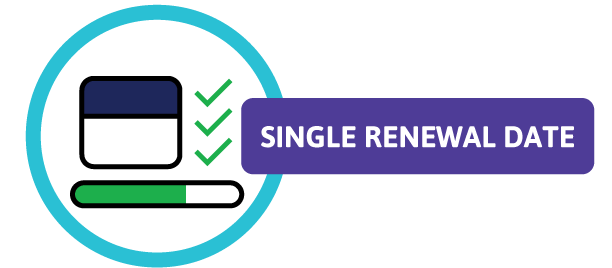Prohibition on the Provision of Incentives
The Board of the College of Pharmacists of BC strongly believes that incentives negatively impact a patient's decision to receive a prescription and/or pharmacy service. The Board felt compelled to act within its jurisdiction to protect public safety by implementing bylaws that prohibit the provision of incentives for a prescription or pharmacy service.
Several other provincial Colleges already prohibit the use of incentives for prescriptions and/or pharmacy services. Alberta introduced thier legislation initially in 2014 which came into effect in Septmber 2017 following an appeals process, Quebec implemented their legislation in 1981 and reaffirmed it in 2008, Newfoundland and Labrador implemented theirs in 1998 and reaffirmed in 2008, Ontario implemented their legislation in 2004, and Prince Edward Island implemented their legislation in 2012.
The College's bylaws are in effect as of January 27, 2016.
Please see below for more information including definitions, examples and Frequently Asked Questions.

Incentives are defined as: money, gifts, discounts, rebates, refunds, customer loyalty schemes, coupons, goods or rewards.
The bylaws indicate that a pharmacist or pharmacy technician, or an owner, manager or director of a pharmacy must not provide or distribute, or be a party to the provision or distribution of, an incentive to a patient or patient's representative for the purpose of inducing the patient or patient's representative to:
a) deliver a prescription to a particular registrant or pharmacy for dispensing of a drug or device specified in the prescription, or
b) obtain any other pharmacy service from a particular pharmacist or pharmacy technician or pharmacy
This means that the following is included in the prohibition:
- any drug (Schedule I, II, III or unscheduled) when prescribed via a prescription,
- devices when prescribed via a prescription, or
- other pharmacy services.
The following is excluded from the prohibition:
- providing free or discounted parking to patients or patient's representatives,
- providing free or discounted delivery services to patients or patients representatives,
- accepting payment for a drug or device by a credit or debit card that is linked to an incentive, or
- Schedule III or unscheduled drugs, unless prescribed by a practitioner.
It is also important to understand what is included in the prohibition in relation to devices and "other pharmacy services", and to do so, one needs to refer to other sections of legislation for definitions as noted below:
Device is defined in legislation to mean an article, instrument or apparatus used to:
(a) prevent, diagnose, treat or mitigate a disease, disorder or abnormal physical or mental state or a symptom of them,
(b) restore, correct or modify organic functions,
(c) diagnose pregnancy, or
(d) administer a drug.
The practice of pharmacy means the health profession in which a person provides the services of:
(a) identifying and assessing drug-related and device-related problems and taking action to prevent or resolve those problems,
(a.1) promoting health and preventing diseases, disorders and conditions through drug therapy,
(b) monitoring drug therapy and advising on therapeutic values, contents and hazards of drugs and devices, and
(c) compounding and dispensing drugs and devices;
| Example #1 - Updated March 5, 2014
Are glucose meters and diabetes test strips included in the prohibition of providing incentives? Glucose meters and diabetes test strips do not fall within the definition of “device” as defined in the legislation and therefore the bylaws do not apply to them. Note: In an example previously posted on the website, it was stated that diabetes test strips did fall within the definition of “device” as mitigating disease. In response to numerous inquiries, this example has been further reviewed and revised. |
|
Example #2 To answer this question walk through the following steps: 1) identify that the prohibition applies to any other pharmacy service (a) identifying and assessing drug-related and device-related problems and taking action to prevent or resolve those problems, 3) performing medication management reviews include definition (a) and (b) above |
Resources
FAQ

 Share
Share


